
News


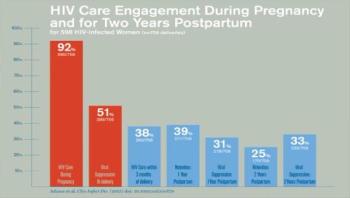
Pregnancy could be a turning point for HIV-infected women, when they have the opportunity to manage their infection, prevent transmission to their new baby and enter a long-term pattern of maintenance of HIV care after giving birth--but most HIV-infected women aren't getting that chance. That is the major message from a pair of new studies in Philadelphia, one published early online this month in the journal Clinical Infectious Diseases, and the other published in July in PLOS ONE.

Sierra Leone celebrated an important milestone on Aug. 24, 2015. For the first time in more than a year, there are no people being treated for Ebola virus disease and no confirmed cases of Ebola in the country.



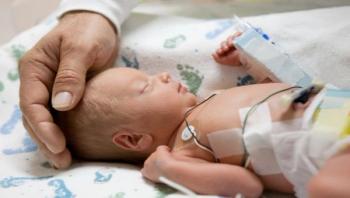
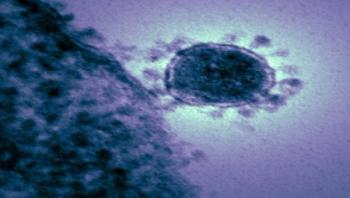

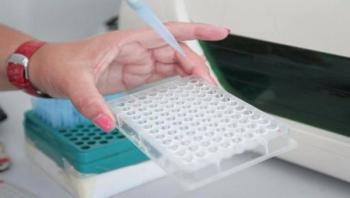
The Department of Microbiology at Kazan Federal University is investigating factors which allow bacteria to persist in human body when exposed to high-strength antibiotics. The team is focused on Proteus, Morganella, Providencia, and Serratia genera, which all are identified as opportunistic microbes and thus are dangerous to individuals with weakened immune system.

Scientists from the Scripps Research Institute (TSRI) and the Janssen Pharmaceutical Companies of Johnson & Johnson have found a way to induce antibodies to fight a wide range of influenza subtypes-work that could one day eliminate the need for repeated seasonal flu shots.

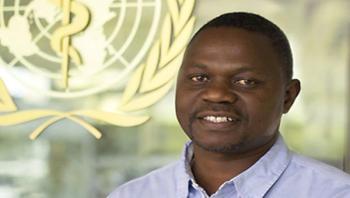
A WHO logistician, Francis Mulemba was first deployed to West Africa in March 2014 to respond to the fifth Ebola outbreak in his career. He took care of logistic and administrative tasks in Gueckedou, Guinea, the epicenter of the epidemic. Five months later, he was sent to Monrovia, Liberia, to support training of the national burial teams. He said that situation in Liberia was unlike any other Ebola outbreak he had experienced before.
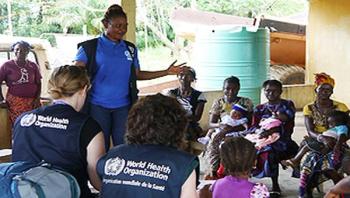
Intense surveillance in Kambia, Sierra Leone, has revealed that around 75 percent of deaths have been occurring in children under 5. Even though Ebola transmission was halted in Kambia last month, mothers still are afraid of Ebola and don’t take their young children to health centers. World Health Organization (WHO) epidemiologists are countering misperceptions to get mothers and their children back to the health centers and lower childhood mortality rates.

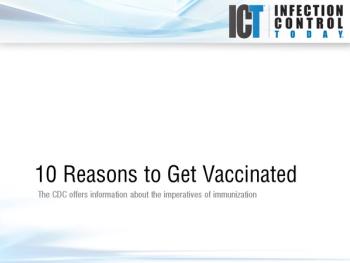





Leaves of the European chestnut tree contain ingredients with the power to disarm dangerous staph bacteria without boosting its drug resistance, scientists have found. PLOS ONE is publishing the study of a chestnut leaf extract, rich in ursene and oleanene derivatives, that blocks Staphlococcus aureus virulence and pathogenesis without detectable resistance.

Scientists at the University of Bonn, together with colleagues from the U.S. and Japan, have shed light on an important immune mechanism. Their work shows how the body provides the important killer cells with a helper in the case of an infection. The study could point the way to better vaccines in the future. The work has been published in the renowned journal Cell.

The traditional towel-and-bucket method of environmental cleaning is being replaced in many hospitals by ready-to-use disinfectant wipes. These pre-soaked disposable wipes are increasingly used for the disinfection of near-patient surfaces to prevent the spread of microorganisms and the emergence of nosocomial infections. This report explores the benefits of ready-to-use wipes as well as reviews the key factors that impact wipes' efficacy.


Prompt initiation of antibiotics to treat infections has been proven to reduce mortality and save countless lives. But evidence has shown that use of these drugs far exceeds what is clinically necessary, leading to patient harm, excess costs and an increase in antibiotic-resistant bacteria worldwide.



